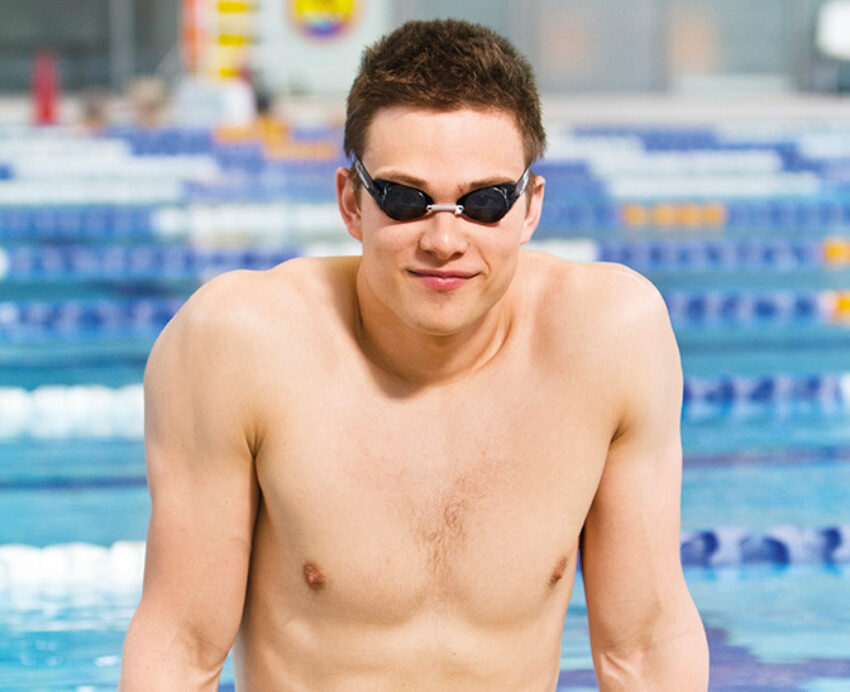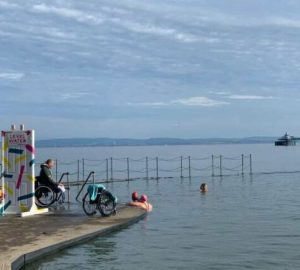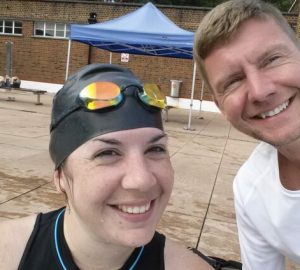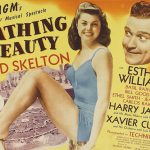Masters of the universe
The phrase ‘masters swimming’ is perhaps not the best to describe what is, in essence, structured swimming, with an option for competition, for adults with a wide range of swimming abilities.
Masters swimming perhaps conjures up an image of ex-elite swimmers, slightly past their prime, but still unbelievably fast. And it’s true that there are a few of those around in the sport. However, masters swimming is much broader than this and is open to anyone who wants to move beyond casual recreational swimming. It encompasses adults who swam with a club in their youth (these are usually the faster ones), triathletes who want to improve their swimming and people with little sporting experience who discover swimming later in life.
What masters swimmers are looking for also varies hugely. It can be an enjoyable way to keep fit and provide an excuse to indulge in the occasional extra slice of cake, it could be a means to developing new skills or it can satisfy your competitive urges – whether you want to win age-group medals or just measure your own performance.
In the UK, the route to masters swimming is through a masters swimming club or a regular (youth) swimming club that has a masters section or supports masters swimming. The majority of swimming clubs are affiliated to the Amateur Swimming Association (ASA) and you will become a member of the ASA when you join a club.
Joining a club gives you access to regular coached training sessions. If you haven’t done this before, that can sound quite intimidating, but it needn’t be. A good coach will organise the swimmers in the session into groups of roughly equal speed. Each group will swim in a lane, following the programme for the session. Swimmers are usually encouraged to leave a gap of five or 10 seconds to the person in front and work their way through the programme at the same rate. This means everyone is doing the same thing at the same time with the result that you are much more likely to get a good swim done than when you’re trying to negotiate the vagaries and speed differentials of a public lane.

If you want to race then there is a full range of competitive options from local club galas to world championship events. The usual practice is to race against people of a similar speed, regardless of age and, sometimes, gender. The event organiser will put swimmers into heats based on their entry times, so it’s quite conceivable for a 30-year old man to line up on the blocks against a 60-year old woman, and then be beaten. Results, on the other hand, are listed by gender and age group (18-24, 25-29 and continuing in five-year bands to the oldest competitor in the event).
At the top end, national and international records are kept according to age groups and are fiercely contested. Many are held by former Olympians and international swimmers (e.g. Matt Biondi holds a 50m freestyle world record in the 45-49 age category) but you don’t have to be a gold medallist or life-long swimmer. Jaring Timmerman, who took up swimming at the age of 79, set world records for 50m backstroke and freestyle in the 105 to 109 age category in 2014.
For open water fans, masters swimming clubs provide an opportunity to explore other aspects of swimming, train in a structured environment and perhaps meet other open water swimmers. It’s entirely feasible to combine masters pool swimming with open water swimming. Elite open water swimmers do the majority of their training in a pool so if you want to swim faster in open water, then joining a masters swimming club may be a great option for you. We recommend it.
This article was first published in ‘Out of the Box’, a supplement about masters swimming published by H2Open in March 2016. The full supplement is available free through our app.






